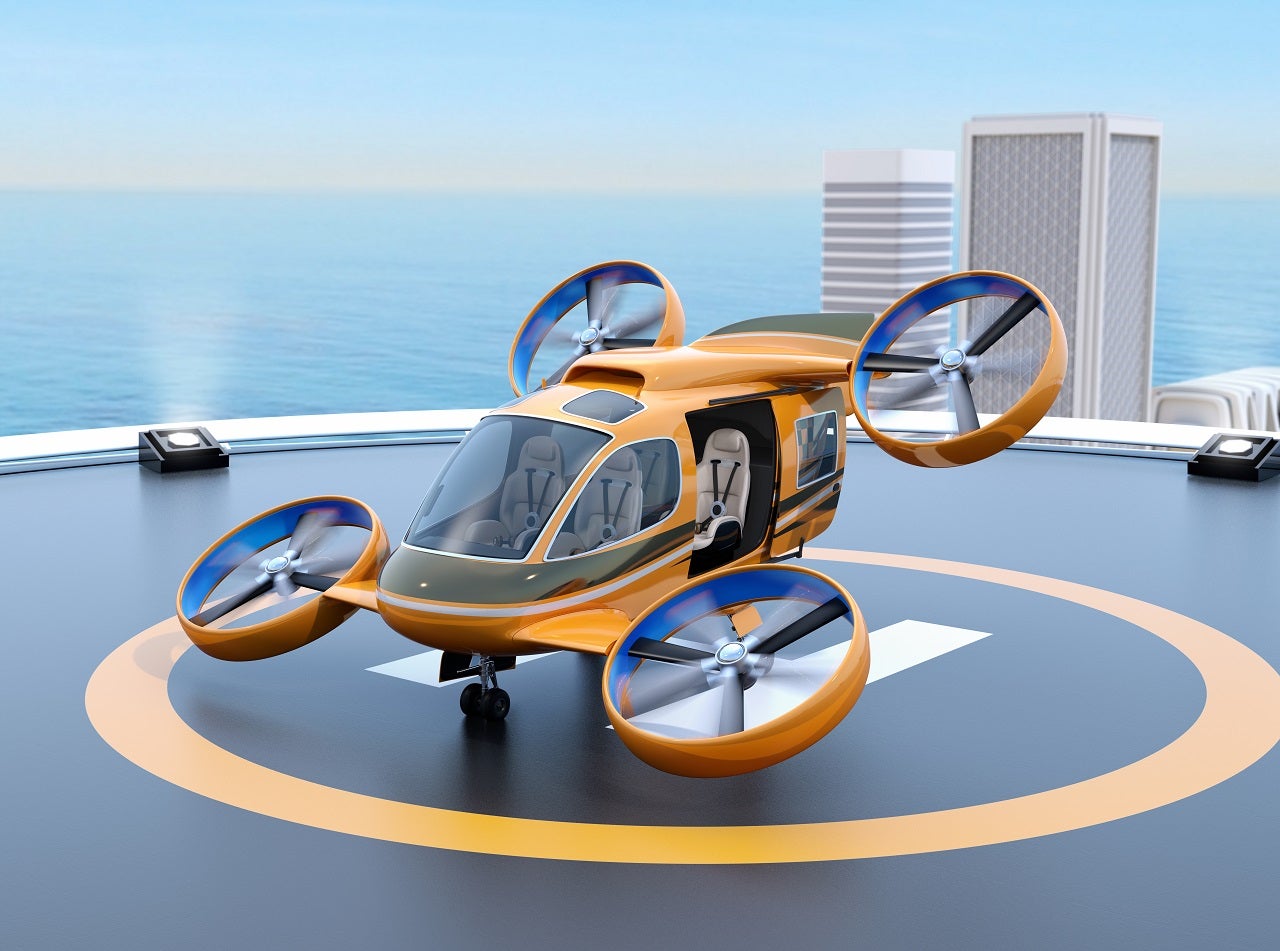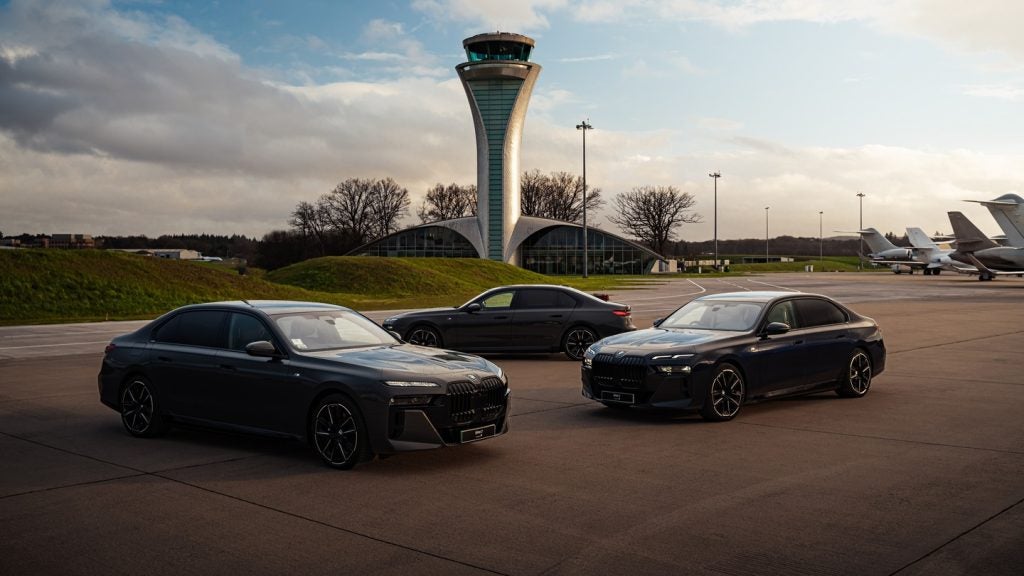
Is the electric air taxi market ready for takeoff?
The sci-fi classics of literature and film have often included futuristic vehicles that are beyond imagination, however, they might not be as far-fetched as people think. Many companies have been investing millions in developing flying vehicles to be used as taxis to whisk customers through the air, avoiding all road traffic. The race to become the first successful electric vertical take-off and landing (eVTOL) vehicle is reportedly ending, with many competing firms hoping to roll out their offerings in cities in or around 2024.
How are the leading companies doing?
As of December 2022, it was estimated that over 200 companies were working on eVTOL vehicles as a form of shared urban air taxis. However, five major companies lead the innovation in these technologies and look the most likely to grab the lion’s share of the market.
Volocopter could be seen to be in the best position after it received EUR322 million ($346 million) in March 2021, with Geely being one of the main investors. To date, the company has raised $579 million. With this funding, the company is now aiming to have its commercial eVTOL vehicle ready in time for the 2024 Paris Olympics.
See Also:
Joby Aviation lags slightly behind and might lose market share after being forced to push back its eVTOL to 2025 due to both regulatory and internal company reasons. Recent FAA guideline changes meant that requirements needed to be amended, delaying its launch.
How well do you really know your competitors?
Access the most comprehensive Company Profiles on the market, powered by GlobalData. Save hours of research. Gain competitive edge.

Thank you!
Your download email will arrive shortly
Not ready to buy yet? Download a free sample
We are confident about the unique quality of our Company Profiles. However, we want you to make the most beneficial decision for your business, so we offer a free sample that you can download by submitting the below form
By GlobalDataThe Bavarian company Lillium is facing similar problems and has also postponed its launch to 2025. There were several reasons for the postponement, including slight delays in the design of the model, the pandemic, and detailed discussions with regulatory authorities.
Jaunt Air Aviation is a US company that has been backed by many prominent partners including Honeywell and Triumph Group, with both offering their expertise in specific areas. However, it seems that Jaunt will be the last of the major challengers to launch, with production not expected to begin until 2026 due to a large disruption from COVID-19. Its first prototype will not even be ready until 2023.
The only non-western challenger EHang, from China, received a boost in 2022 after it became the first advanced air mobility company in the world to launch revenue-generating flights. The Civil Aviation Administration of China (CAAC) deemed its prototype safe to fly, allowing the company to enter the market. However, the company has no certification in any other country.
Are we ready for electric air vehicles?
As mentioned above, regulation is often the thing hindering the progress of these firms. With plans to fly at low altitudes in urban areas, regulators see no end to the possible risks. The European Union has released its protocols and the US Federal Aviation Administration is currently working on its guidelines for US-based eVTOL start-ups, however, many countries such as Canada still have no guidelines in place. As a result of these changing regulations, eVTOL companies are not only struggling to convince regulators of their vehicles’ safety but must also reassure the public that will ultimately be paying to use these flying taxis.
The industry is also facing challenges in building the infrastructure needed to support this emerging air taxi market. Pre-existing heliports can be used to land, however, they are not equipped with charging stations. Start-ups are tackling this challenge with the creation of terminals fit for eVTOL vehicles, called ‘vertiports’. For example, there is a Montreal-based company, called VPorts, that plans to build and operate up to 1,500 vertiports within the next 20 years.
Will it be successful?
According to GlobalData forecasts, the eVTOL market is set to be worth $22.42 billion in 2030, meaning it is a soon-to-be huge market. It will create a form of transport that avoids road traffic while also creating zero fossil fuels, just two reasons why it is expected to be popular. However, this popularity will be down to public opinion. There are still questions about noise pollution, safety, and cost.
But despite these issues, it looks like these vehicles will soon be a common sight around cities. And you might be seeing them sooner than expected.








Related Company Profiles
Triumph Group Inc